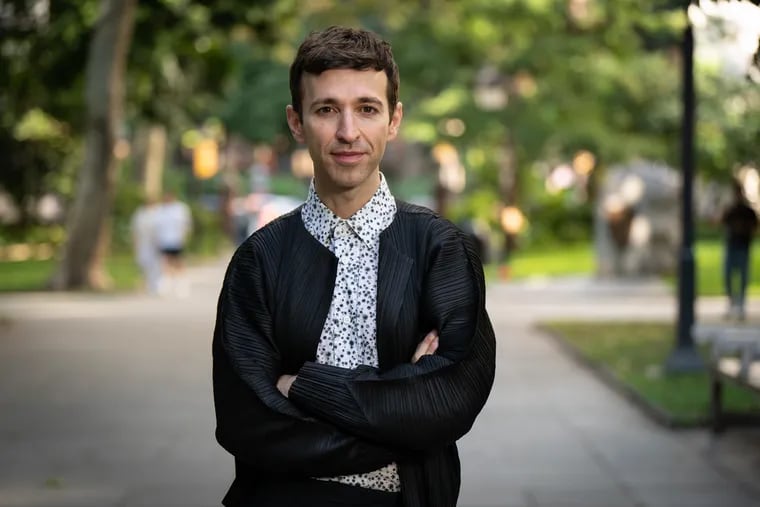In the first 48 hours after unveiling its new âpick your priceâ ticket program Tuesday morning, Opera Philadelphia sold 5,876 tickets â an extraordinary response that has fueled company hopes that it could sell out the season.
âJust seeing what the numbers are was very, very moving to me, because for my entire career in opera I have believed that the art form is something that is for everybody and that the structures around it are the barriers,â said Anthony Roth Costanzo, the operaâs president and general manager. âAnd if we sold 20 tickets on Monday and in the next two days we sold almost 6,000 tickets, that shows me that people want to come to the opera, and that in fact price was a barrier.â
The sales burst means that half of the tickets sold for the entire season were purchased in the two days after the pick-your-price program was launched.
With a month still to go before opening night, all three Opera Philadelphia titles in the 2024-25 season have sold out high percentages of the house: 77% for The Listeners (Sept.), 88% for The Anonymous Lover (Jan./Feb.), and 84% for Don Giovanni (April/May).
âItâs certainly not what I see at any of the other opera companies in America that I perform with, which is to say a month out, weâre at close to or over 80% for these shows,â said Costanzo.
(Opera Philadelphia counts full capacity in the Academy of Music as 1,770 seats, even though the actual number is 2,743, since there are 1,770 seats with unobstructed views.)
The companyâs new ticket program gives patrons the choice to buy any seat for any opera at various levels from $11-$300, and in the first 48 hours, the majority of ticket buyers â 4,539 â chose to pay $11.
But 1,337 chose to pay more, and 440 patrons tacked on a voluntary donation at the time of their ticket purchase.
Nearly two-thirds of ticket buyers had never before bought a ticket to an Opera Philadelphia production.
The new system has been widely praised for making opera more accessible, though some social media chatter has suggested that the cheap-ticket program sends an unflattering message about the art formâs inherent worth.
Costanzo says he understands the concern, but that he believes the moment calls for an âadaptive strategyâ to extend operaâs reach.
âI donât think itâs fair to say âthis is what it should be,â even though itâs not been that way for years, and therefore we must do the same thing and just hope that people change their minds.â
The new âpick your ownâ program has brought the average ticket price way down. Last season, patrons paid an average ticket price of $86. From Tuesday to Thursday morning, the average price for a ticket sold was $17.
But how the math nets out in the end remains to be seen. Last seasonâs production of Verdiâs Simon Boccanegra, for instance, had a higher average ticket price, but sold just 51% of available seats. Even if all three operas this season sell out, Costanzo expects that the lower ticket prices will mean a total ticket revenue that will be lower this season than last.
And thatâs OK, he says, since ticket revenue makes up such a small percentage of the revenue pie anyway â just 13% in the 2023-24 season.
âWhat Iâm trying to reinforce for everyone right now is that the tickets are not providing a significant source of income,â Costanzo said. âAnd therefore, the art itself and the access to that art is what we prioritize, and the experience of being in an opera house full of diverse people in all demographics, and how that changes the feeling of the art form.â
Sold-out houses, if they happen, wonât end Opera Philadelphiaâs money woes. Costanzo, who took over the company in June, has raised $7 million to pay off debt from last season and help fund this season, but the company needs millions more.
âWe donât have all the money for the rest of the season,â he said.
What he hopes is that the funding community sits up and takes notice of the response to the new ticket program.
âIt is clearly what people want and what people need in order to experience opera. And if thatâs the case, I really hope that foundations, corporations, and individuals are ready to deliver to their community what the community is asking for.â

